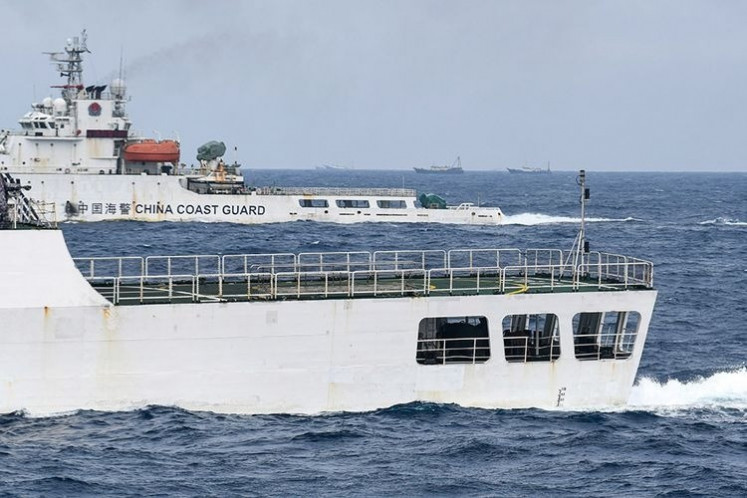Popular Reads
Top Results
Can't find what you're looking for?
View all search resultsPopular Reads
Top Results
Can't find what you're looking for?
View all search resultsDoes democracy have a future in ASEAN? Not yet
While the concept of "Security Community" and TAC both harness peace, at least in the absence of war, it is clear that ASEAN has no overarching goal of pursuing any form of democratization.
Change text size
Gift Premium Articles
to Anyone
W
hile it is often left unsaid, the formation of ASEAN, for better or for worse, was inspired by the success of the European Union (EU). Therefore, the academic and epistemic communities of ASEAN beam with pride when it is considered the "second most successful regional organization", after the EU.
This is an accolade that is often celebrated as the achievement of the "ASEAN way". Somehow, amidst a system of chaos produced by the unruly nature of the first Cold War between the United States and the now defunct Soviet Union between 1967 and 1987, many countries have had faith in the diplomatic modus operandi of ASEAN.
Despite everything that has been said about the EU, the same intellectuals who teach and write about ASEAN should also be mindful of a specific way of thinking that has existed since the formation of the EU. It is the belief of Prof. Timothy Snyder of Princeton University, who has challenged the conventional wisdom of the birth of the EU.
Rather than attributing the creation of the EU to that of the European Steel and Coal Community after World War II as an attempt by France and Germany to reconcile their historic differences, the professor affirmed that “The EU was but a project for various imperial ramparts, with each trying to overcome their differences in the post-colonial era".
According to this belief, Germany, the United Kingdom, France, Spain, Portugal and even Belgium were not merely trying to overcome their historical aggressions against each other, but were embarking on a thorough and systematic process of creating a European community to overcome any ill will that they were still harnessing.
The importance of overcoming this animosity led to the creation of the EU in 2000, which in turn heralded the dawn of the Euro. A monetary union signified the arrival of the European Community writ large.
From Snyder's perspective, the success of the EU can be attributed to a few different factors, which can be better understood through the lens of classical or post-classical realism.



















